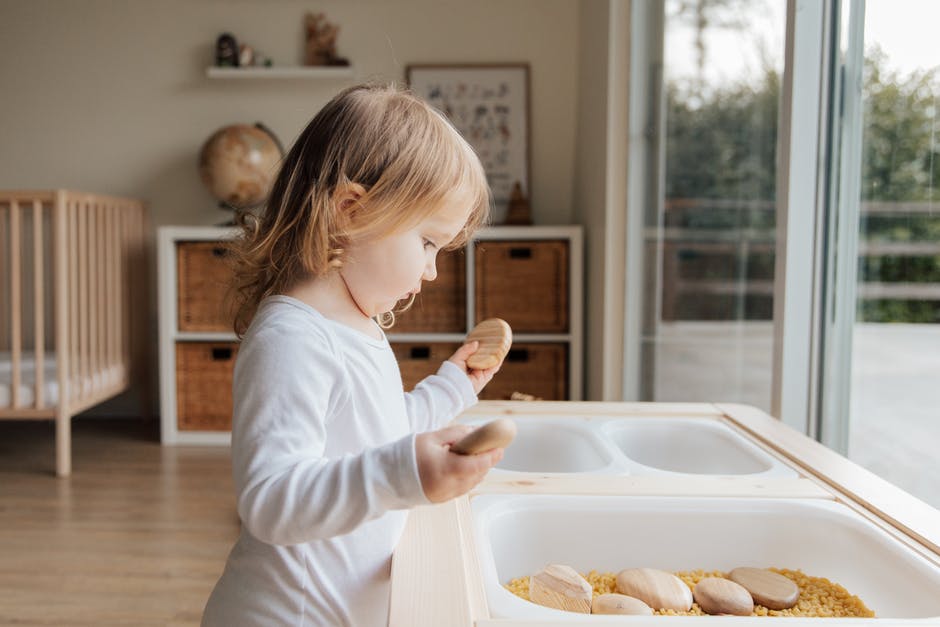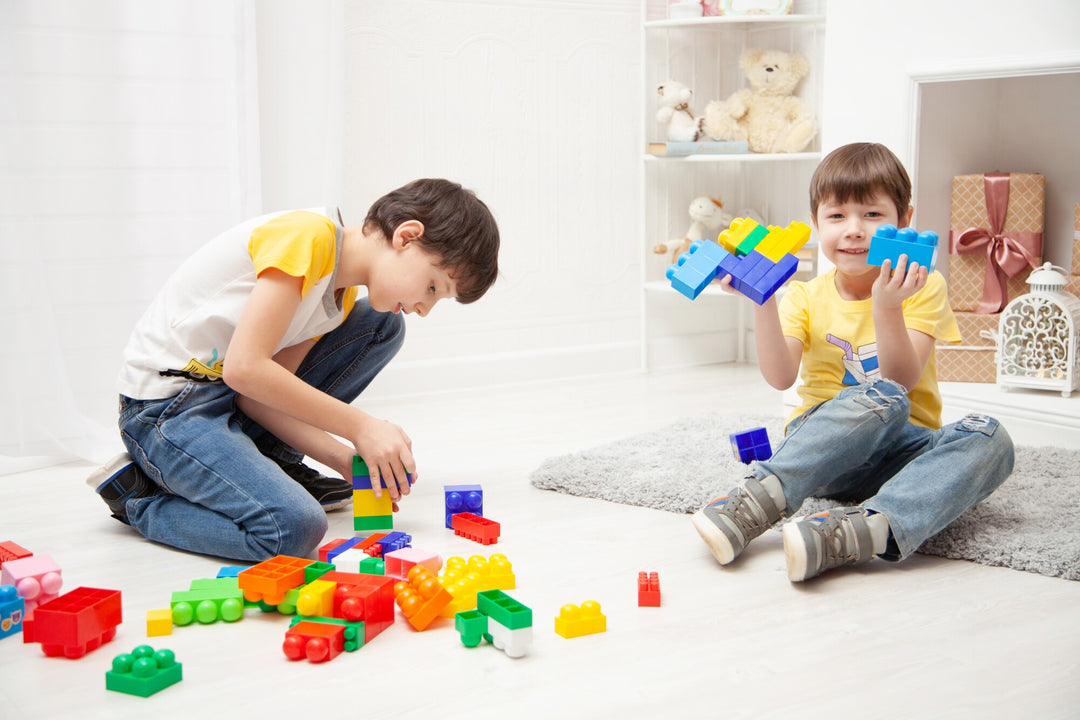Fine Motor Skills: Kid Sense Child Development
42% of parents reported that their children were less active during the pandemic. However, as the world becomes more digitalised and children are glued to their screens, it's hard to build fine motor skills.
Sensory development
The good news is that there are many tricks and tips to get your child moving more and engaged in fine motor development activities that will improve their overall hand-eye coordination.
For instance, introducing them to fine motor toys is the most accessible and enjoyable option! Not only do these fine motor toys help children with special needs who require extra stimulation, but they develop fine motor skills as well.
Create, Play, Learn
Here is how essential these skills are for all ages and how you can assist in developing them through early childhood.
What Are Fine Motor Skills?
When a child uses their smaller muscles to move and create with lego, write with a pencil, or open their lunchbox, they use their fine motor skills.
To thrive in adulthood, they need to improve their fine motor skills when they are young. Thankfully, as a parent, you can help them learn this skill!
Early Age Skills
Here is a list of ways to build fine motor skills into your child's daily life:
-
Wiping the dinner table with a sponge
-
Using velcro tabs
-
Finger painting
-
Holding knives and forks to eat
-
Drawing with pencils and pens
-
Playing with fine motor toys
You must give your child the right tools to master these skills while growing up so they can become confident and strong adults later in life.
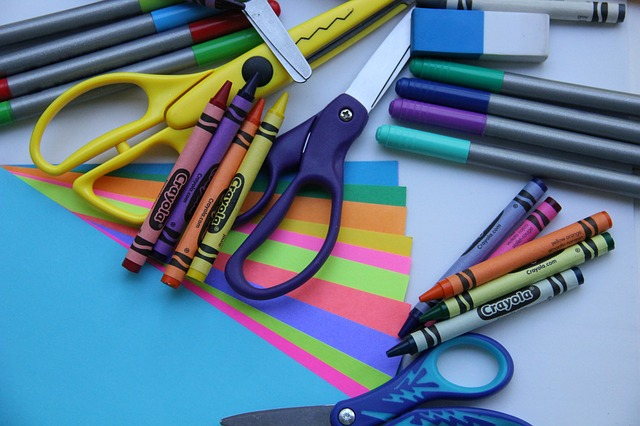
The Importance of Fine Motor Activities
Children with autism tend to develop at different rates from other neurotypical children. This means you could see them learning skills like counting incredibly fast and other things like saying "hello" very slowly. Therefore, you need to support your child's fine motor skills through sensory play and other activities.
But why are fine motor skills necessary?
Independence
Firstly, these essential fine motor skills give your child independence. These skills are closely linked to everyday tasks like getting dressed and making lunch, so your child will learn to look after themselves independently.
Being able to rely less on their parents and having things done for them, children will grow into self-sufficient adults who can get through fundamental daily obstacles by themselves.
Improves the Way they Eat
Eating is another reason for prioritising fine motor skills during childhood and early adulthood. Showing your developing kids how to eat will encourage them to explore more foods and inspire their interest in cooking, play and education.
You never know what is ahead for your little one, so you want to give them all the tools to create their place in the world from an early age.
Builds Confidence
As kids on the spectrum often struggle with confidence, your babies must see they can achieve things they set their minds to. For instance, water therapy has always been an excellent activity for autistic children.
But, to take part in other life-changing experiences, such as school, they need to build foundational skills to interact and get involved effectively with others.
Makes Self-Care a Priority
Besides the practical uses of fine motor skills, it's equally important to learn how to treat themselves and effectively look after their hygiene. For example, brushing teeth is an essential task for children to learn.
Without the ability to pick up a toothbrush, they might simply avoid brushing their teeth and end up with dental problems. So, you should start practising regular teeth brushing basics, so they get the hang of it!
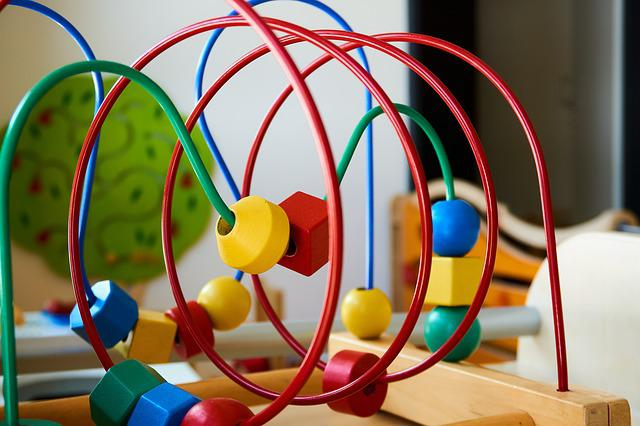
Fine Motor Skills Toys
If you're a busy parent who gets home from work late and has to tackle a pile of laundry, it's no surprise that you don't have time for hours of playing with your children. And, you're not alone.
Child's Fine motor skills toys
Luckily, there's a solution to this problem. A sensory toy is a convenient and fantastic resource for parents of children on the spectrum. So if you're looking for fun products to engage in learning, you've found them.
Some of the best sensory toys are:
-
Fidgets
-
Water Spinner
-
Glowing Soothing Turtle
-
Sensory Mats
-
Stretchy Caterpillars

Range of Sensory Toys
There's something for every little one in our range of sensory toys specifically designed to build strong fine motor skills and encourage learning. In addition to being educational, our range is also fun! check out our website to find a suitable toy.
Our range
The vibrant colours and different textures will keep them immersed and learning for hours at a time. But, if you're still concerned that they might be struggling with fine motor skills, there are some signs to watch out for.
For example, they may avoid using their hands for tasks or don't show any interest in using pencils, or perhaps they wait for their parents to dress and clean them. Even though there could be other reasons for this avoidance, these signs may indicate that they don't understand their fine motor skills and require some assistance.
If this is the case, it's a good idea to try some of our range of sensory toys. Perhaps, getting them excited about the tasks will help them overcome their anxiety around using their hands and improve their confidence.
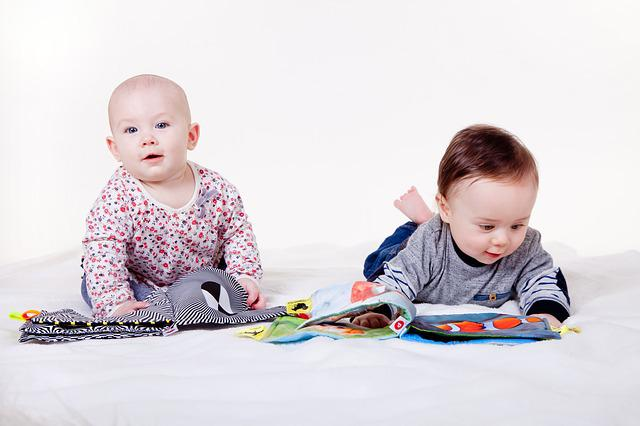
Sensory Toys to Develop Fine Motor Skills
Overall, fine motor skills are not taught overnight. You need to practise them over and over with your child if you want them to get better. However, that doesn't mean that it needs to be tedious.
What we believe
At Sensory Assist, we believe in the magic of toys and how they can inspire children to be the best versions of themselves, despite any challenges that get in their way.
Sometimes, you need to find a suitable toy to engage your toddlers in using their hands. We stock an extensive range of exciting toys to choose from.
If you want to learn more about our range, visit our website, view our range or send a message to the team. We are more than happy to help in any way we can.





